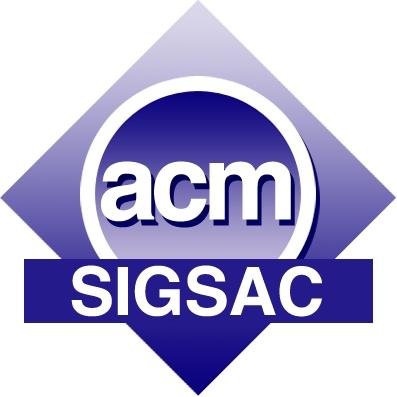„ROAST: Robust Asynchronous Schnorr Threshold Signatures“ Accepted to ACM CCS 2022
The paper „ROAST: Robust Asynchronous Schnorr Threshold Signatures“ has been accepted to ACM Conference on Computer and Communications Security 2022. This is a joint work of Tim Ruffing, Viktoria Ronge, Elliott Jin, Jonas Schneider-Bensch, and Dominique Schröder.
Bitcoin and other cryptocurrencies have recently introduced support for Schnorr signatures whose cleaner algebraic structure, as compared to ECDSA, allows for simpler and more practical constructions of highly demanded „t-of-n“ threshold signatures. However, existing Schnorr threshold signature schemes (like their ECDSA counterparts) still fall short of the needs of real-world applications due to their assumption that the network is synchronous and due to their lack of robustness, i.e., the guarantee that t honest signers are able to obtain a valid signature even in the presence of other malicious signers who try to disrupt the protocol. This hinders the adoption of threshold signatures in the cryptocurrency ecosystem, e.g., in second-layer protocols built on top of cryptocurrencies. In this work, we propose ROAST, a simple wrapper that turns a given threshold signature scheme into a scheme with a robust and asynchronous signing protocol, as long as the underlying signing protocol is semi-interactive (i.e., has one preprocessing round and one actual signing round), provides identifiable aborts, and is unforgeable under concurrent signing sessions. When applied to the state-of-the-art Schnorr threshold signature scheme FROST, which fulfills these requirements, we obtain a simple, efficient, and highly practical Schnorr threshold signature scheme.

